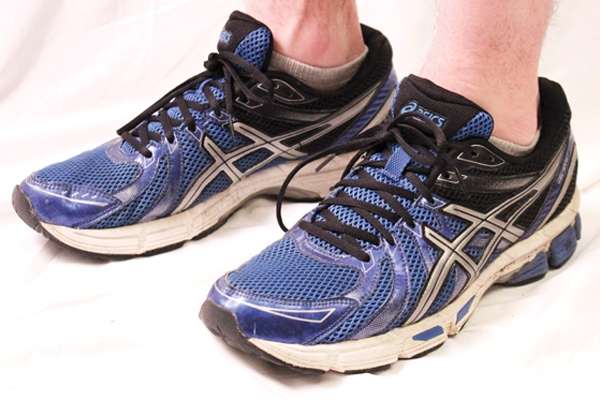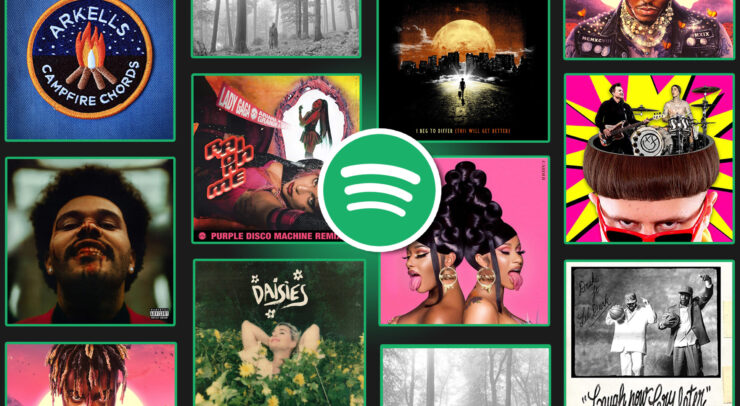People in power can have so much responsibility it’s frightening. Frightening because we have no control over how they use that power or in whether they do so with the intention to protect us.
There is the careless use of power, as when those in positions of power say offhand things that influence the lives of others. A casual comment by a powerful person can demonstrate a lack of empathy, compassion, and understanding for people outside their life experience. The influence of one statement has the power to either facilitate or stagnate change.
This week in Ferguson and in Cleveland we’ve seen that when carelessness with power goes unchecked, it leaves room for serious abuse. There is no greater carelessness than to allow those in power to disregard the lives of the vulnerable.
To be clear, the shooting of black teens and men is not careless—it is violent and deliberate. But the culture that surrounds and supports this reality is careless to the point of neglect.
It is the carelessness of believing it’s unusual, or an exaggeration, when coloured people say they are stopped often by police officers. It is careless to believe this is something that can only happen elsewhere. If we look at documentation in Toronto for example, black people are stopped by police officers 2.5 times more often than white people.
In questions from the Toronto Star about this official documentation in non-criminal encounters, the chief of the Toronto Police Service responding by acknowledging that racial profiling is to be expected, saying “we recruit from the human race.”
We are to understand police racism not as a problem, but an unchangeable reality.
What the police chief gets right is that it isn’t just police officers who are guilty of racial profiling. The police exist in a society where anyone can see a coloured person not committing a crime and still feel justified in believing that person is a criminal. We aren’t just talking about Michael Brown, but also Trayvon Martin and every person whose name didn’t make the national news. We are talking about the power of both police officers and civilians to kill coloured people without anything resembling justice.
This culture of racism is so prevalent that an entire town can be divided over whether it was right to shoot a man with his hands up. It’s so prevalent that the entire country and people all over the world are divided as to whether this was a correct course of action for a supposed protector of the peace.
Canada’s police forces are not militarized to the degree that the United States police forces are. But although we don’t often see tanks rolling down the street, altercations between citizens and police forces still happen—conflict between First Nations anti-fracking protesters and police officers, for example.
The brief comments of people in power are influential and they are telling. The question is not whether we believe the Toronto police chief was right about there being many racist people, but whether we believe he was right in the implication that this is something we should accept.
Do we choose to accept that police officers have a lot of power, they will make errors, and some of those errors will be racially motivated? Or do we reject that and hold them to a higher standard? While the rest of the world fails to live up to protecting the vulnerable, we should expect more from those we put into power.
Editorial
Reading Time: 2 minutes





